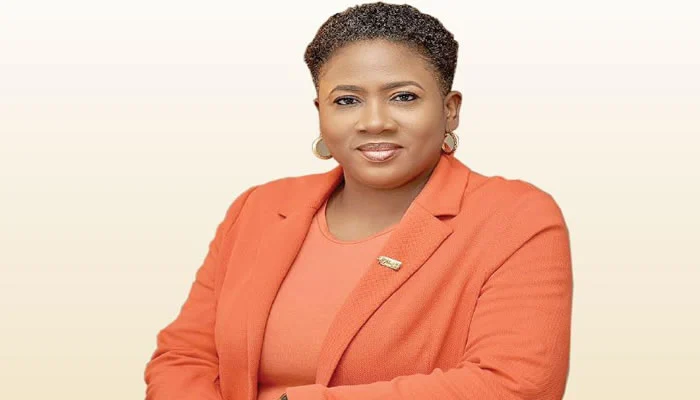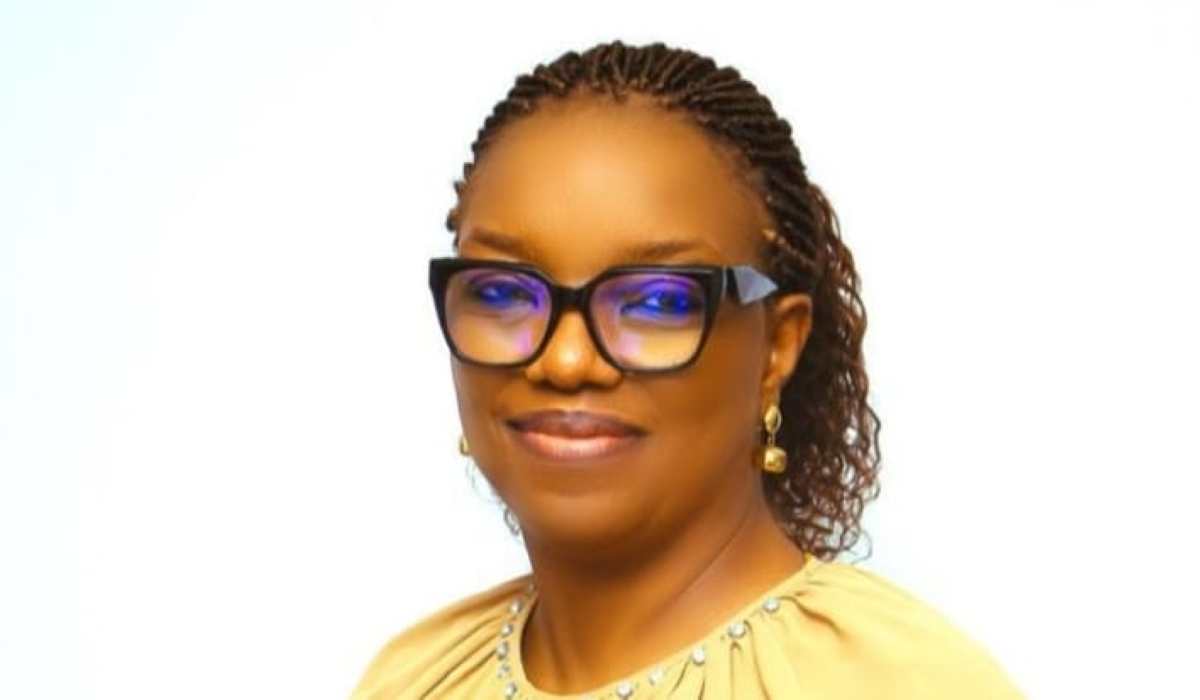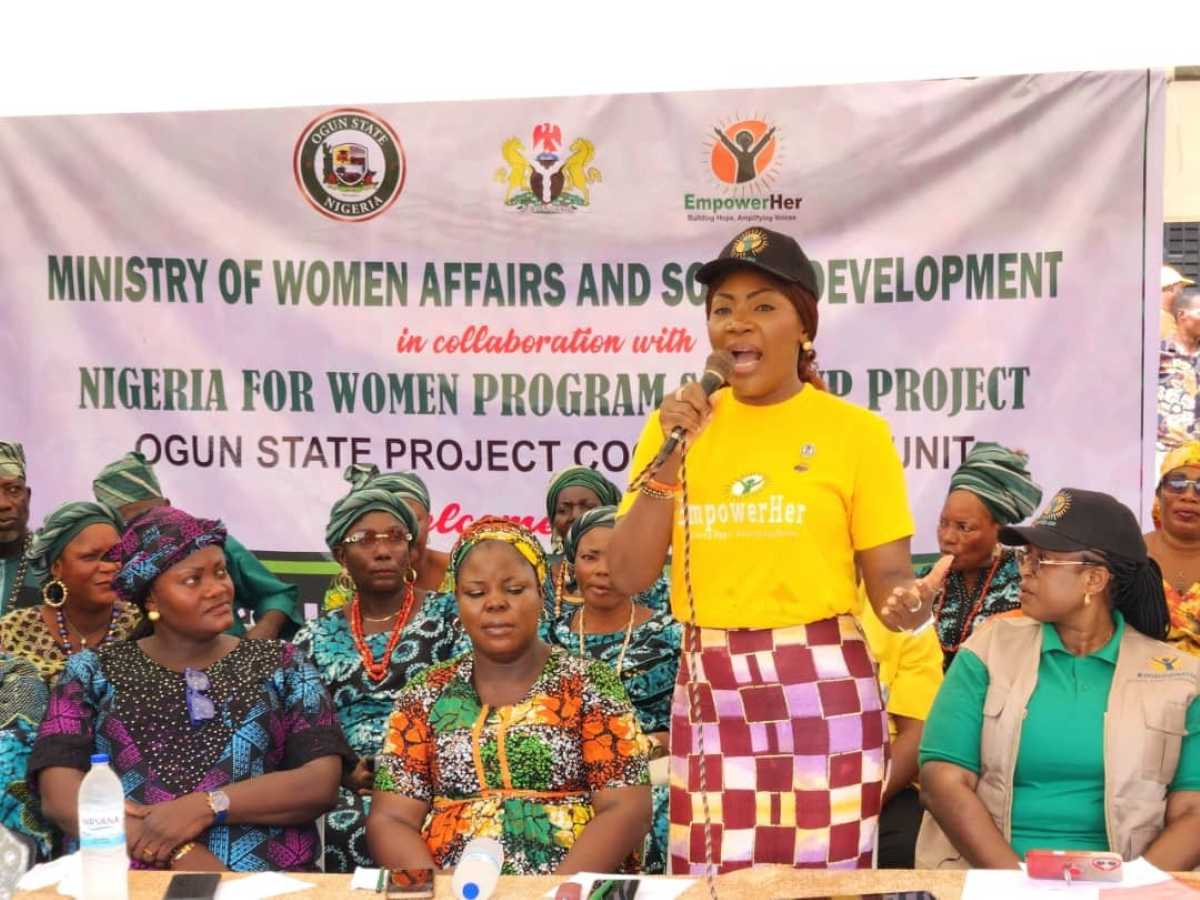For many Nigerian women, the home and society which is meant to be a sanctuary can become a place of fear, abuse, and despair. From domestic violence to oppressive marital arrangements, unresolved conflicts within these spaces have, in tragic cases, propelled women toward crimes that land them in correctional facilities with some already awaiting execution.
Between a justice system that usually overlooks histories of abuse and trauma, their stories remain largely untold, leaving families fractured and futures uncertain, especially for the children they left behind.
Sodiq Omolaoye reports Demilola Oguntola, 31, never imagined she would be on death row. Her journey to Suleja correctional center, an overcrowded facility tucked on the edge of Abuja’s bustling outskirts began with fear of a violent husband and a tragic incident that spiraled beyond her control.
The mother of three said she landed in prison after trying to conceal her husband’s involvement in his father’s death.
“It is my husband that got me here,” she said calmly while speaking to this reporter during a visit to the correctional facility.
“My husband and his father usually have issues. One day, I heard them arguing in the room, I then heard a shout. I went into the room and saw my husband’s father on the floor. My husband killed his father. He threatened to kill me if I told anyone. I was scared, so I kept silent.”
Demilola was arrested during the investigation by the police. According to her, she maintained her silence for weeks, until she realised the case had turned against her.
“During my time in court, when I saw the way the case was going, I had to confess to my lawyer and tell him everything that happened. The last time we went to court, my lawyer explained to the judge and I also narrated all that happened. The judge then ordered that my husband should be arrested. I don’t know if he has been arrested”.
But the court sentenced her to death for conspiracy to murder, a judgement she insists is unfair. She spoke about the years of abuse at the hands of her husband and now in prison since 2023, she is worried most about her three children, whom she hasn’t seen since her arrest.
“I think I am already suffering from depression as I don’t feel good whenever I think of them. I feel like a failed mother.”
Her story is not unique. Across Nigeria, 73 women face death sentence. Yet their stories are often unheard and drowned out in a justice system that predominantly focuses on male offenders.
Ekene Samuel, 45, has lived with the weight of her sentence since 2020. “It has not been easy. I have been in this battle since 2020. They call me a condemned criminal. I don’t think there is hope after this”, she said.
Another woman, who doesn’t want to be named, shared her ordeal.
“In my wildest dreams, I never thought I would be in prison. I never imagined going hours without seeing my children. But I hope that my story will change someday.”
Indeed, for many of these women awaiting execution, the road to the gallows usually began within the home spaces meant to offer safety but which often became theatres of abuse.
A significant number have shared stories of enduring years of domestic violence, forced dependence, or oppressive marital arrangements before their lives spiralled into tragedy.
Their narratives usually show how unresolved disputes, cultural expectations of silence, and inadequate support systems can turn into irreversible outcomes.
In several instances, acts of desperation or retaliation against abuse were met with the full weight of the law, while underlying histories of violence had gone largely unexplored during their trials.
For these inmates, their crimes cannot be detached from the environments that bred them.
However, while some of the women on death row insist on their innocence and claimed they were victims of circumstance or miscarriages of justice, others like that of Maryam Sanda, whose name once dominated headlines after she was convicted for the murder of her husband, Bilyaminu Bello, at their Abuja residence, perhaps, represent a more complex reality.
Maryam, who was a nursing mother and also three-month pregnant when she was arraigned, was accused of stabbing a husband with a knife after she accused him of infidelity. She was delivered of her second baby girl during her two years and two months’ trial.
Maryam’s legal team wondered why despite the absence of eyewitness testimony, or forensic evidence, including a murder weapon or autopsy report, Justice Yusuf Halilu of the Federal Capital Territory High Court found their client guilty and sentenced her to death by hanging under the Penal Code.
She claimed miscarriage of justice and accused the trial judge of bias for relying on hearsay and circumstantial evidence to convict her.
Another case that showed how domestic tensions can escalate into fatal violence is that of Amina Aliyu and her sister, Aishat Mohammed, who were sentenced in January 2025 to death by hanging for the 2021 killing of Amina’s co-wife, Hafsat Fatima Aliyu, in Barkin Saleh, Minna.
The attack, which arose from a domestic dispute within a polygamous household, saw Aishat strike Hafsat with a pestle before setting her body on fire.
Their younger sister, Zainab, who was a minor at the time, received a life sentence instead. Their cases, though marked by tragic domestic disputes, have been upheld by courts that found sufficient evidence to convict them.
In Kano, the cycle of toxic relationships turning deadly played out in February 2020 when a high court sentenced 31-year-old Rashida Sa’idu to death for the murder of her husband, Adamu Ali, a lecturer at the Federal College of Education.
The judge, Ahmad Badamasi, found her guilty of murder after she reportedly threw her husband, Adamu Ali, from a storey building following a suspicious phone call.
Perhaps, these stories add another layer to the conversation that acknowledges that not every death row inmate is a casualty of a flawed system, but that their paths to violence were often paved by toxic domestic environments.
Officials say women make up a small fraction of Nigeria’s death row population, but their stories carry unique burdens. Many are mothers who gave birth while awaiting trial or who left young children behind just like Damilola.
According to the World Prison Brief, WPB, of the 81,406 inmates in Nigerian prisons as of 2025, 1943 are female. The Nigerian Correctional Service, disclosed that out of the 3,688 inmates on death row in 2025, 73 are women.
The most common offences for female inmates are child trafficking, criminal breach of trust and cheating, theft/stealing, kidnapping, unlawful possession of firearms and culpable homicide.
The involvement of women in crime can be attributed to a number of factors such as unemployment, low wages, divorce, separation, economic and psychological abuse from a spouse, dysfunctional family units, poor living conditions, among others.
Over the years, the percentage of female inmates is rising.
The Nigerian National Bureau of Statistics (NBS) reported that the percentage of female inmates in Nigerian prisons increased from 4.48 per cent in 2021 to 4.82 per cent in 2022, with 1,296 female prisoners recorded in 2022. With the current figure standing at 1943, this represents a 49.9 per cent increase of female inmates.
Indeed, women in Nigerian correctional facilities face numerous barriers both inside and outside the correctional system. While many struggle with limited access to justice, they often experience prolonged detention without proper legal support or fair trials.
Beside the fact that the Nigerian prisons are overcrowded, the inmates are also exposed to harsh treatment and life threatening conditions. Civil society organisations who work to ensure justice for some of these inmates, have revealed that women, particularly, are denied access to necessary healthcare services.
Damilola told this reporter that she practically takes care of herself even when ill.
“I take care of my health needs. I even have to buy drugs myself when needed”, she said.
According to a report by the United Nations Office on Drugs and Crime (UNODC), women prisoners have distinct needs and vulnerabilities that require tailored responses from the criminal justice system to ensure their rights, dignity, and well-being are respected.
A prison official however told The Guardian that female inmates are usually secluded from their male counterparts and that their rights are well respected.
According to him, the wellbeing and health of females are given priority by prison officials, saying they are also provided with vocational training just like their male counterparts.
“As far as I known, I haven’t witnessed any cases of sexual harassment of female inmates. In fact they are separated from male inmates and intact even from male warders
Uncertain fate as governors shun execution warrants
While Nigeria has maintained a moratorium on executions since 2014, the death penalty remains legal for crimes such as murder, armed robbery, and treason.
Capital punishment is authorised by Section 33 of the Constitution of Nigeria. The section provides that people living in Nigeria shall have a right to life and no one shall be deprived intentionally of his life unless in execution of the sentence of a court of a criminal office of which he has been found guilty.
Capital crimes are defined under several laws, namely The Criminal Code Act LFN (Laws of the Federation of Nigeria) 1990 (which is almost impari materia with the various Criminal Code laws in the Southern part of Nigeria), The Penal Code Act LFN 1990 (impari materia with the Penal Code operational in the various States in the Northern Part of the country), The Robbery and Firearms Decree 1984, and The Sharia Penal Code (applicable in 12 Northern States).
Offenses punishable by death include armed robbery, murder, treason, conspiracy to treason, treachery, fabricating false evidence leading to the conviction to death of an innocent person, aiding suicide of a child or lunatic; and under Sharia Law zina (adultery), rape, sodomy, incest, witchcraft and juju offences.
According to the 2024 Amnesty International’s Death Penalty report, 113 countries around the world have abolished the death penalty in law.
For Nigeria, the last execution of death row inmates occurred in 2016 in Edo State, under then-Governor Adams Oshiomhole. Since then, successive administrations have hesitated to approve the execution of convicted criminals, leaving them in prolonged uncertainty.
While some stakeholders have called on state governors to sign death warrants to help decongest prisons, other advocacy groups are seeking for the total abolishment of the death penalty as a form of punishment for crimes.
They argued that since the death penalty has not proved to be inefficient and does not stop crime, it should not be retained in the statute books of Nigeria.
Judges should consider violence history before sentencing – CSOs
President of Prisoners’ Rehabilitation and Welfare Action (PRAWA), Dr. Uju Agomoh, Agomoh observed that gender bias plays a major role in the sentencing and treatment of women offenders.
She wondered why the country’s judicial system tends to ignore histories of violence, coercion, or desperation that often trigger the offences.
Agomoh added that women on death row in Nigeria are often inadequately represented during their trials and appeals.
She explained that most of these women come from poor backgrounds without access to quality legal services, and are usually defended by overstretched legal aid or pro bono lawyers.
According to her, unlike privileged defendants such as Maryam Sanda, who was able to engage top lawyers and pursue her appeal up to the Supreme Court, the majority of women face their trials without proper legal or psychological support.
She cited the case of a teenager in Kano convicted under emotionally complex circumstances, who had neither media attention nor specialized assistance.
Agomoh said: “Women who commit violent crimes are often viewed as having violated both the law and their prescribed gender roles. They are punished not only for the crime but also for defying the social norms that women should be nurturing, submissive, and forgiving. In sentencing, I have observed that female defendants rarely benefit from mitigating considerations such as past trauma, domestic abuse, or their primary role as caregivers.
“Courts tend to ignore histories of violence, coercion, or desperation that often trigger the offences. This is consistent with the findings of my academic thesis. I wrote my PhD thesis on Female Prisoners: A Case Study of Female Prisoners Kirikiri, Lagos – Nigeria. There is an over-criminalization of women offenders. Gender discrimination is a critical factor in the treatment and processing of women within the criminal justice system. In 2022 a woman in Edo State was sentenced to death for killing her rapist in self-defense.
Program Manager at Hope Behind Bars Africa, Hassan Nurudeen, said that many women on death row do not receive adequate legal representation during their trials or appeals.
He said that the lack of access to quality legal and expert support remains a major factor contributing to miscarriages of justice among women, adding that the issue of gender bias in sentencing or treatment of female inmates might be low at present.
Speaking of prison conditions, Nurudeen explained that, based on information from inmates, conditions for women on death row are largely similar to those of men, saying however that women often require more emotional support.
Calling for some urgent reforms needed to ensure justice and humane treatment for women facing execution, he said these include accessible healthcare behind bars, improved access to children and family members, provision of legal and gender-sensitive support, and greater access to mental health care services.
On her part, PRAWA’s Manager of Community Support, Katumi Oboirien, pointed out that prison conditions for women on death row are particularly harsh because most facilities were originally designed for men.
She lamented the inadequate access to gender-specific healthcare, poor hygiene facilities, and the absence of trauma counseling.
“There was a case we heard regarding a female inmate on death row who suffered a serious gynecological condition but was unable to access a specialist. The lack of mental health care, trauma counseling, and gender specific services further exposes these women to suffering that borders on cruel, inhuman, and degrading treatment.
“There are also other needs for these women including regular supply of sanitary pads and regular medical checkups. The Nigerian Correctional Service Act (2019) provides for separate correctional facilities for women and contains very good provisions for women but there are inadequate funding available to them to effectively implement these”, she said
Oboirien called for guaranteed access to quality legal representation, gender-sensitive sentencing guidelines that take into account issues such as domestic violence and mental health, and training for law enforcement on conditions like Battered Women Syndrome.
According to her, an audit of all women on death row should be conducted to identify cases that merit clemency or re-sentencing particularly where abuse, mental health challenges, or miscarriage of justice are evident.
She also advocated for improved healthcare services and alternatives to capital punishment, including a moratorium and adoption of transformative justice approaches..
Speaking on the matter, Musibau Adetunbi, a senior lawyer, said that keeping convicted persons perpetually on death row was inhuman.
Adetunbi said that being kept on death row was mental torture for such a convict, especially women hence it was necessary for governors to either sign their death warrants or convert them to life imprisonment.
The lawyer said it would be improper to abolish the death sentence, considering the way and manner in which some people commit crimes in Nigeria.
He, however, suggested that the National Assembly could amend the constitution to replace the death sentence with life imprisonment since the governors were unwilling to sign the death warrants.
This report was produced with support from Hope Behind Bars Africa, an organisation advocating for prisoners’ rights across the continent.






